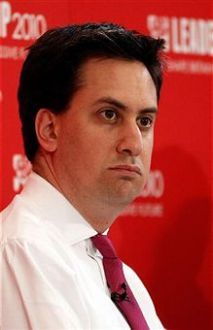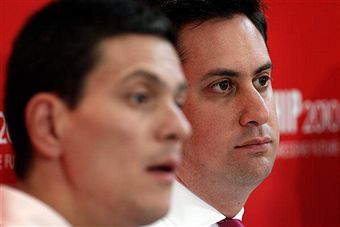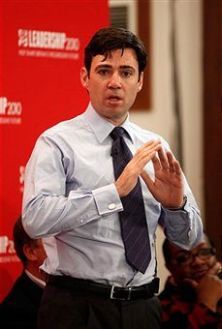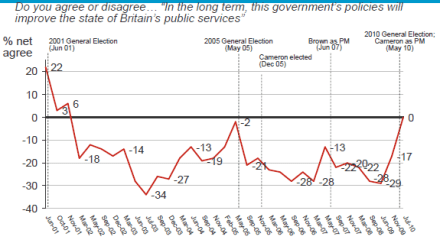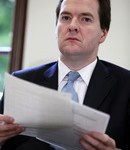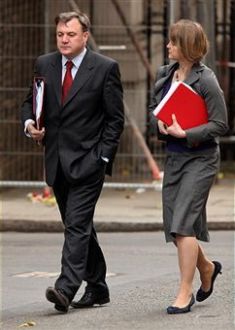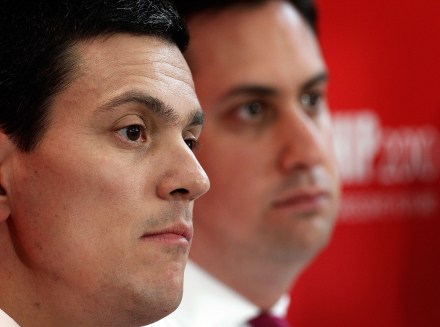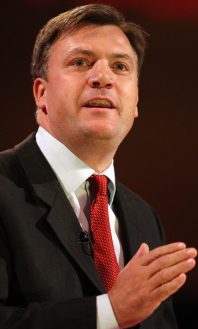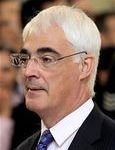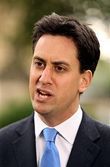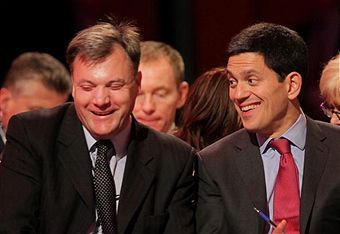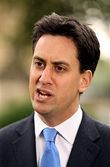Don’t mention the NHS
As Tim Montgomerie notes, cuts are becoming more real. Yesterday, the government axed NHS Direct, the telephone health service. Actually it hasn’t been axed but replaced by the more cost effective ‘111’ service. Removing the sacrosanct letters ‘NHS’ from the title of any body is anathema to the opposition, who have mobilised a frantic defence over the past 24 hours, so predictable and I can barely contain my indifference. Twitter has exploded in a fit of righteous indignation; Ed Balls, without a hint of irony, is using words like ‘callous’ and ‘ill-thought policies’; and Andy Burnham’s talking about Andrew Lansley’s ‘vindictive mission to break up the NHS’. It’s the name




